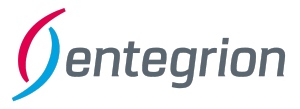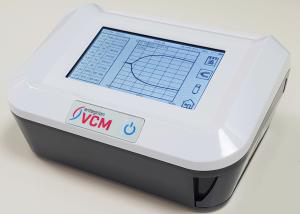
Entegrion Gets Kudos for its ‘Heel Prick’ Blood Test in Newborns

Navigating catheters while sampling blood in premature newborns can be a difficult task.
But a Durham life sciences company is working to change that.
This week, Entegrion, which develops advanced blood products, released results from an Italian study that it says demonstrates the clinical value of using heel stick samples run on its portable viscoelastic coagulation monitor (VCM).
In the study, accepted for publication in The Journal of Maternal-Fetal & Neonatal Medicine, principal investigator Maurizio Radicioni, a neonatologist at Azienda Ospedaliera di Perugia, compared Entegrion’s method to standard blood sampling to assess coagulation at the bedside of preemies.
“[It] showed how the Entegrion VCM can play an important role in helping support clinical decision-making by providing a quick and accurate, easy-to-use device for monitoring hemostasis at patients’ bedside,” said Jack Mowell, Entegrion’s executive chairman.

The VCM is a compact, portable device that performs a viscoelastic analysis of the coagulation-fibrinolysis process utilizing glass surface activation of untreated whole blood.
It currently has a CE mark for use in Europe and is available for research use only in the United States.
“Providing clinicians with diagnostic tools that simplify the monitoring of high-risk neonatal patients is crucial to improving outcomes during the early weeks of life,” said Mowell.
Entegrion spun out of the University of North Carolina at Chapel Hill in 2002 as Hemocellular Therapeutics before changing to its current name.
The North Carolina Biotechnology Center awarded Entegrion a $150,000 Small Business Research Loan in 2003. The company later attracted about $100 million in venture capital, collaborations, debt financing and contracts from various units in the U.S. Department of Defense.
Among its advances: developing blood products such as freeze-dried platelets for emergency treatment of wounded soldiers and dehydrated plasma; and a bandage made from a proprietary weave of bamboo and glass fibers that promotes blood clotting.
